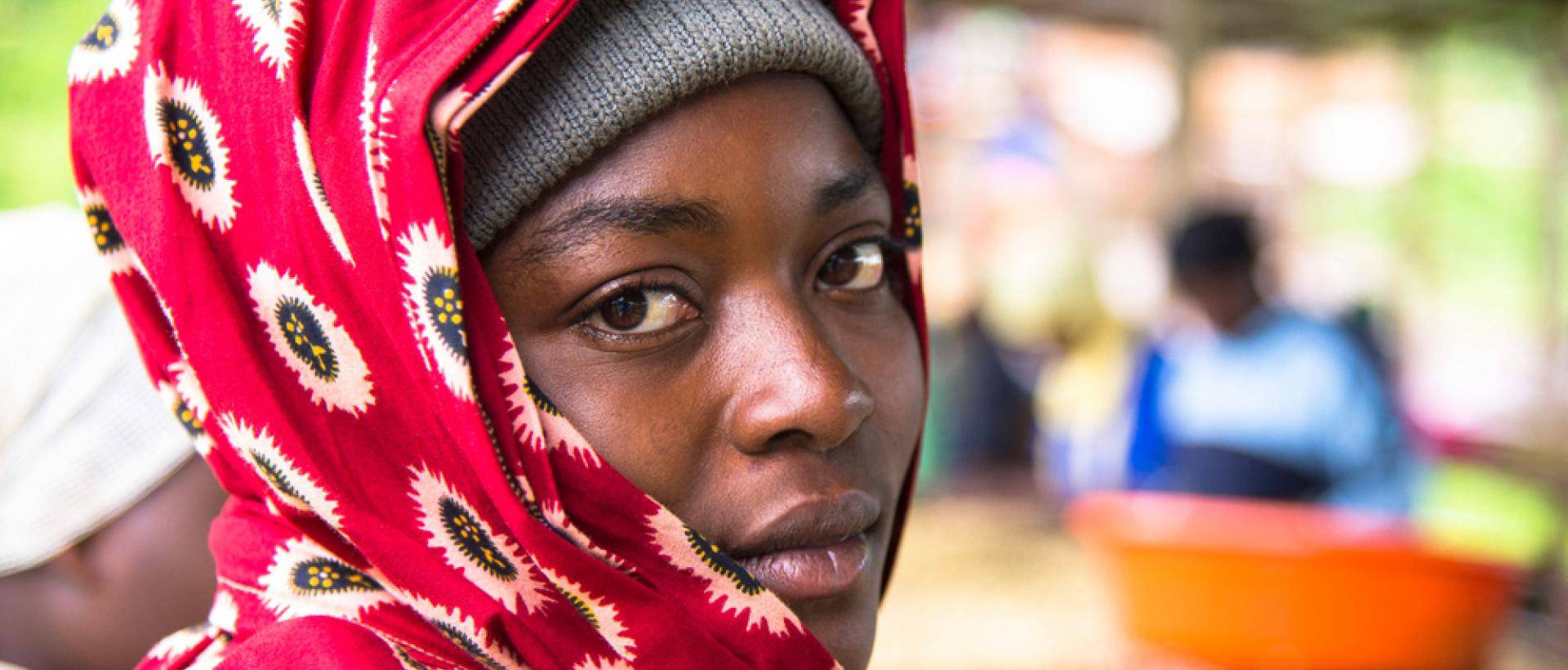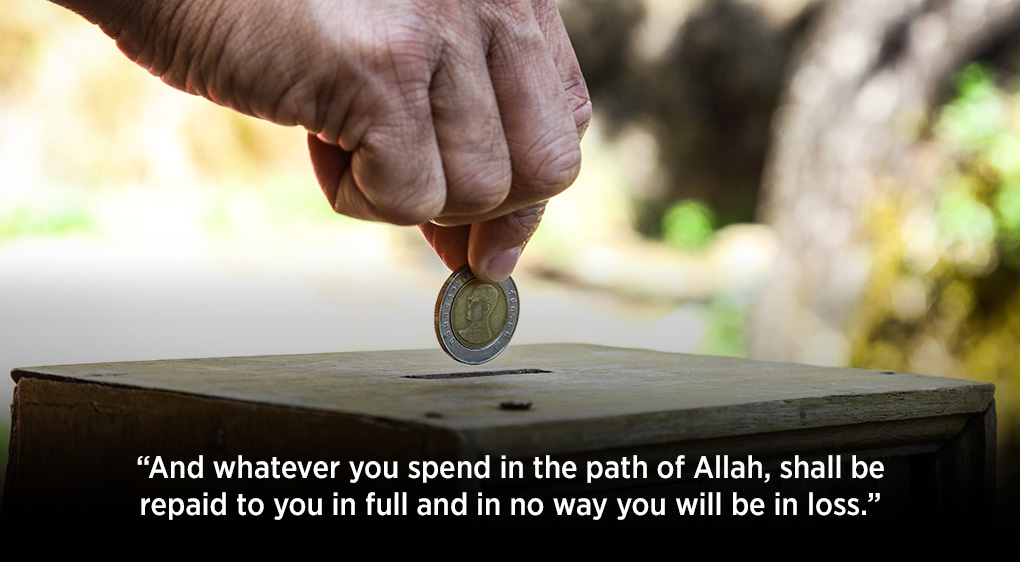
Posted: Aug 04 2022
THE IMPACT OF
WIDOWHOOD ON
WELLBEING,
HEALTH, AND CARE
It should go without saying that good health and a decent quality of life are basic human rights, yet so many people aren’t entitled to such. In fact, there’s a major and devastating link between female health and well-being and one’s capability of maintaining a respectable social and economical status. The maintenance of this position is strongly affected by a woman’s marital status, and widowed women are often stripped of their rights. Upon reaching widowhood, not only are women forced to deal with the grief of the loss of their husband, but they must also handle the likes of social isolation, financial insecurity, inadequate health resources, and decreased mental and physical health.
Coping with widowhood is hard enough without the discrimination and marginalisation that widows are subjected to. Women in these positions are perceived to be inferior on a worldwide scale, which is why it’s our mission at Orphans in Need to ensure that these individuals are protected.
Negative Images and Cultural Discrimination
There’s a negative image attached to the term “widow”, and this is partly responsible for the isolation of widows across the globe. This ostracization can cause widows to lose self-esteem, which can result in an increase in stress-related health issues. Upon the death of a woman’s husband, she’s often regarded as impure and must adhere to strict mourning practices, which can also negatively impact her health. In particular, widows who haven’t borne sons are more susceptible to rejection from their deceased’s family.
Abuse of the Elderly
Although all widows are subjected to hardships, it’s especially difficult for older widows. This is because elderly women are either vilified or ignored in a multitude of cultures, resulting in the abuse of the elderly. Abuse can come in the form of physical, financial, and psychological harm, which is often inflicted by friends, neighbours, or family members. The frailty of elderly women and widows alike makes older widows an easy target for mistreatment.
Poverty
There’s no denying that women who are presented with social obstacles and barriers have a limited capacity when it comes to sustaining a livelihood. Unfortunately, a large proportion of the world’s unpaid labour market is comprised of widows due to the ongoing exploitation of them as unpaid domestic workers and caregivers. The limited rights and respect received by widows means that they have no choice but to endure such mistreatment in order to feel somewhat protected. This problem only exacerbates as these widows age, as the opportunity for manipulation grows as they become older.
Not only are widows not entitled to the assets of their husbands upon their passing, but they’re also often illiterate. This means that they’re unable to complete any documentation that may assist them in obtaining financial aid, leaving them to suffer in poverty. Similarly, this illiteracy means that widows aren’t employable, which is another barrier to them attaining a sustainable livelihood.
Access to Health Services
Alongside poverty comes very limited access to healthcare. In the absence of government-funded healthcare such as the NHS in the UK, medical care is extremely expensive. As a result, ill widows are unable to access the healthcare that they so desperately need, as they simply can’t afford it.
Additionally, residents of developing countries are often subjected to a lifetime of multiple pregnancies, physical labour, and malnutrition, leaving them with serious health complications. Even the most minor of illnesses, such as common colds can be detrimental to those in developing countries, as they’re not given the means of drinking plenty of water, eating nutritious food, or wrapping up warm.
Internal Migration
As the term suggests, developing countries are constantly undergoing changes, meaning that widows may be forced out of their homes. This is due to urbanisation and industrialisation that destroys the rural homes of widows and leaves them without a place to lay their heads. Consequently, these widows may be forced to live in makeshift shelters or shantytowns. Upon the loss of their husband, they can no longer be considered landowners, as women in many of the communities we work with aren’t entitled to own property. Therefore, they must seek to set up a life elsewhere, which is almost impossible when considering the limited rights of widowed women.
Care and Support
Previously, female children would dedicate their lives to caring for their elderly mothers; however, this is no longer the case. The global rising cost of living means that women can no longer afford not to work, and they’re keener to get an education, seek professional endeavours, and break the vicious cycle of poverty. Despite this, finances are still often scarce, meaning that elderly widows aren’t provided with the proper care and support that they need. As a result, widows are often left to struggle with an array of health issues, as well as a crippling feeling of loneliness.
Combat the Impact of Widowhood with Orphans in Need
Here at Orphans in Need, we know the damaging effects of widowhood all too well. There are far too many causes of widowhood in the communities we work with, and we need to provide aid to those affected. Donate to Orphans in Need to help us improve the wellbeing, health, and care of widows across the globe.







